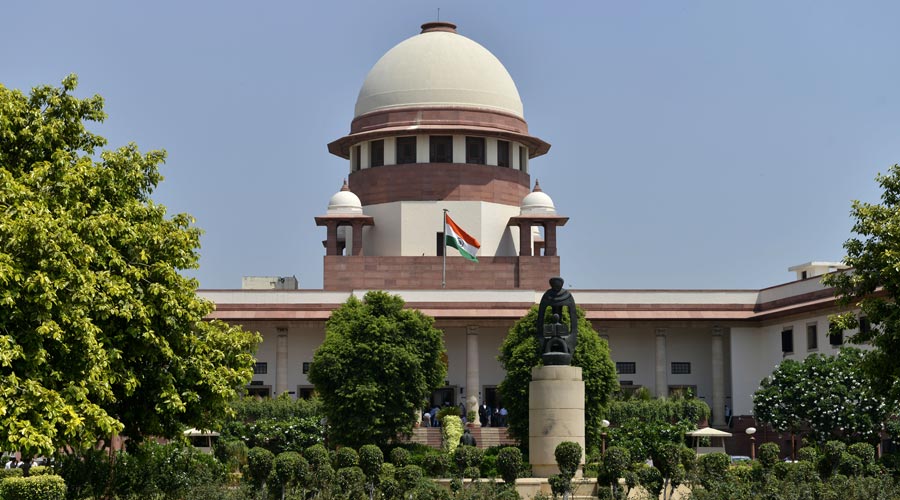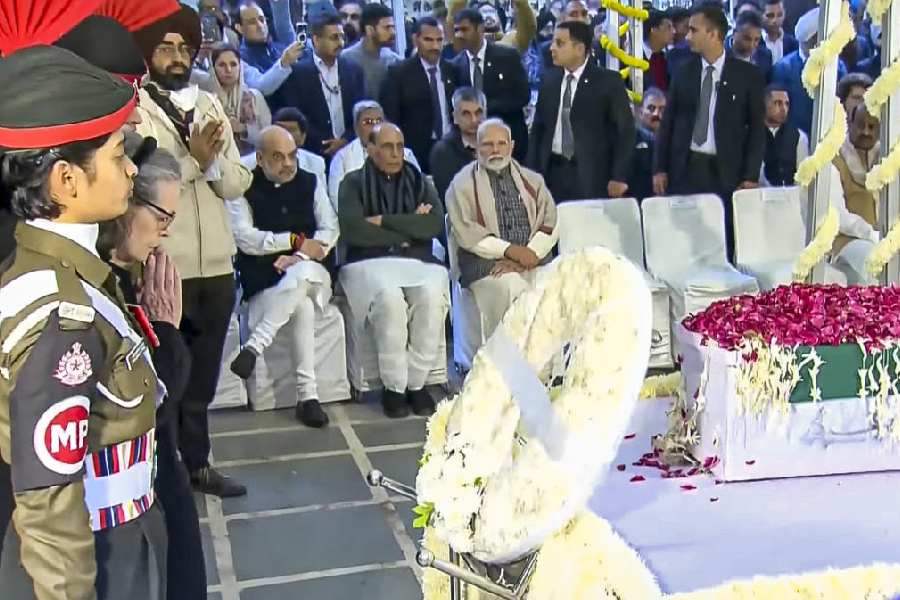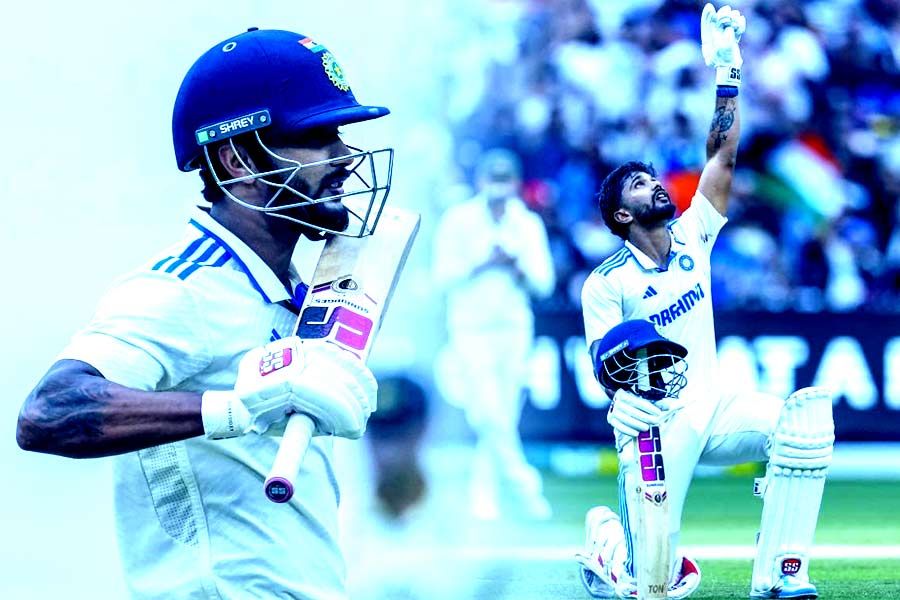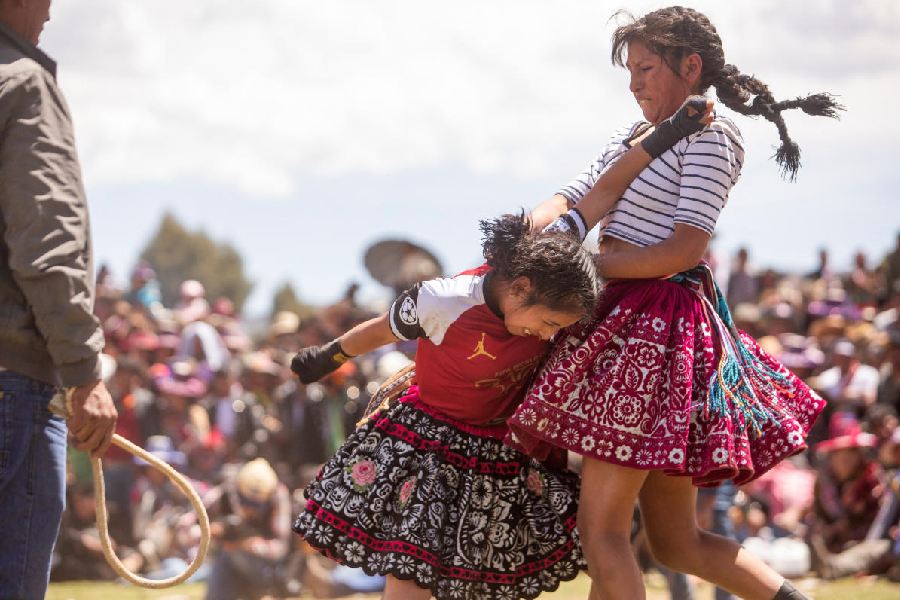The Supreme Court on Tuesday asked the Centre to take a stand on the freebies that political parties promise during elections while hearing a public interest litigation seeking a ban on such giveaways.
The bench of Chief Justice N.V. Ramana, Justice Krishna Murari and Justice Hima Kohli asked additional solicitor-general K.M. Natraj to take instructions from the government, including the views of the Finance Commission, on the issue and posted the next hearing to Wednesday.
“We want to know what is the Union of India’s stance? Why don’t you… tell us that you have nothing to do with it and the Election Commission of India (ECI) has to take a call? I am only asking if the Government of India is considering whether it is a serious issue or not? Why are you hesitating to take a stand?” Justice Ramana asked the ASG.
The court was dealing with a PIL filed by advocate Ashwini Upadhyay, seeking a direction to the ECI to not allow parties to promise or distribute “irrational freebies” with the public’s money before elections and to de-register such parties and seize their election symbols if they violate the guidelines.
Counsel for the ECI, Amit Sharma, informed the court that the poll body could at best impose the model code of conduct before the elections and that the distribution of freebies could only be restricted through a statutory regulation.
Natraj, however, tossed the issue back to the ECI, saying it was for the poll body to take a call on the issue.
Justice Ramana told Natraj: “You take a stand and then we’ll decide whether these freebies are to be continued or not. You file detailed counter.”
Referring to the poll promises made by parties such as the AAP during last year’s Punjab Assembly polls, Upadhyay said: “There is a total debt of Rs 6.5 lakh crore. We’re on our way to becoming Sri Lanka.
“We have a right to know. If I am a citizen of Uttar Pradesh, we have a right to know how much debt we have.”
The CJI sought the views of senior advocate and Rajya Sabha MP Kapil Sibal, who was in the courtroom in connection with another matter.
“When the Finance Commission gives out allocation to the states, it can take into account the debt and the quantum of freebies offered by the state. The Finance Commission is the appropriate authority to deal with it. Maybe we can invite the commission to look into this aspect,” Sibal said.
The bench asked Natraj to find out from the Finance Commission if this could be done.
“You find out who is the authority where we can initiate a debate or something. I will list it next week. We direct the Government of India to get instructions in this matter...,” the CJI told the ASG.
According to the petitioner, instead of ensuring better rule of law, equal pay for equal work, clean water, quality education and healthcare, political parties promise irrational freebies, to be disbursed with the help of the public’s money, during elections.
The petitioner cited the AAP’s promise of Rs 1,000 per month to every woman aged 18 and above and the Shiromani Akali Dal’s counter-promise of Rs 2,000 for each woman.
The Congress promised not only Rs 2,000 a month and eight gas cylinders per year to every housewife but also a scooty to every college girl as well as Rs 20,000 to each girl student after she passes Class XII, Rs 15,000 after she clears Class X, Rs 10,000 after she clears Class VIII and Rs 5,000 after Class V, the petitioner alleged.
In Uttar Pradesh, the Congress promised a smart phone to every girl studying in Class XII, a scooty to every girl pursuing graduation, free public transport for women, eight free gas cylinders per year to every housewife and free medical treatment up to Rs 10 lakh per family.
The Samajwadi Party announced 300 units of free electricity to every family and a Rs 1,500 pension per month to every woman. It also promised ex-gratia payments to the families of those killed in road accidents while riding a bicycle. “Notably, the cycle is its election symbol,” the petition underlined.











